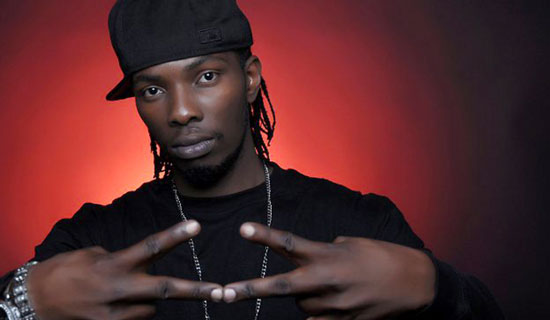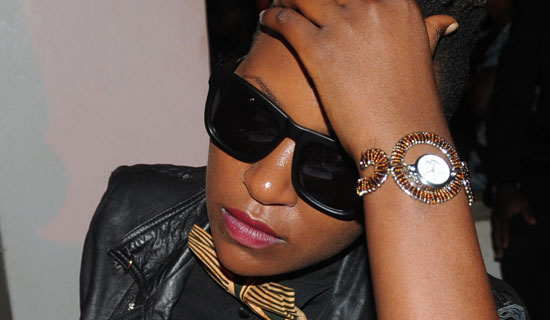If you tuned into any radio stations about 10 years ago, there was almost no chance that you would find a Ugandan rap song playing. This was around the time that Chameleone, Bebe Cool and Bobi Wine established themselves on the Ugandan entertainment scene.
Across Africa, rappers’ attempts were being rejected by the listeners. Ironically, the radio stations were relaying the latest songs by American rappers some of whose language was vulgar. Also playing a lot on Ugandan radio stations, around this time, was the latest Kenyan music. The Ogopa Deejays, Nameless, Red San and later Gidi Gidi Maji Maji had become household names in Kampala.
A few years later we began to hear about AY and Professor Jay from Tanzania. This was around the time of the emergence of Klear Kut, Lyrical G, Rocky Giant and a handful of other lone soldiers in the fight for the acceptance of rap music in the country. They still didn’t get enough airplay even if Klear Kut, for example, who were fairly young by any standards, had their songs being played on MTV Base. They had also been nominated for Kora awards. That was probably their biggest drawback. They were overlooking the local market and making music for the international market.
PAM awards were introduced afterwards and categories for rap music were included. However, they almost went unnoticed and as a result, most of the public knew the rappers’ names but would be hard-pressed to name even just two of their songs. The closest a rapper came to a domestic hit was the mega remix of Ruckus that comprised Peter Miles, 2Face from Nigeria and some members of the Klear Kut contingent.
Meanwhile, other genres were flourishing. Benon and Vampos were making their mark as were Peter Miles and Menshan. Michael Ross was on top of his game while Juliana, who had collaborated with Klear Kut before and had some hits like Seven Days and Say It, switched languages to the more marketable Luganda and struck a golden partnership with Bobi Wine. Needless to say, it propelled both their careers to new heights.
Around the same time, talent searches were taking place and yielding immediate results. There was one that brought out Dorothy Bukirwa and others. Then came the Coca Cola pop stars competition that resulted in the birth of a super group, Blu*3. Navio, of Klear Kut, re appeared on the scene when he collaborated with them on their Burrn record. It was very well received and one could see, through a tiny crack, a light at the end of the tunnel for rap music. Soon after Hot 100, a radio station targeting the youth and playing predominantly Hip Hop and Rn’B music, was introduced. This coincided with the emergence of the Bataka squad (spearheaded by Saba Saba and Babaluku), Lethal, Young Nick, Saint CA and many other promising Ugandan rappers.

GNL helped give hip hop mass appeal with his hit Soda Jinjale.
Babaluku teamed up with Benon to come up with the I Know remix, which also received massive airplay, to solidify the foundation for rappers in the future, particularly Lugaflow (rap in Luganda). He went on to team up with Jua Cali of Kenya and A.Y from Tanzania for Leo which was referred to as the East African anthem. This further increased the optimism of aspiring rappers.
GNL Zamba later released the smash hit Soda Jinjale, with Uniq. Together with Salooni, a collaboration with Navio, these songs marked the arrival of rap music onto the Ugandan airwaves. They were heavily rotated on the major radio stations. Navio and GNL did not rest on their laurels; they kept releasing hits.
They went mainstream, collaborating with Bobi Wine and Radio and Weasel respectively as well as many others. Soon these rappers were being mentioned in the same breath as Radio and Weasel, Bobi Wine, Bebe Cool and Chameleone.
To show their commitment to Ugandan rap music, Ugandans turned up in incredibly large numbers for the debut album launches of these artistes. The rest, as they say, is history. Today, we have the likes of Atlas, The Mith, Big Trill, Keko, Mun G and many other rappers having their songs played regularly. The industry has matured, competition has intensified and Ugandans are more willing to listen. There are high prospects for rap musicians in Uganda. The next hurdle will be the continental one and thereafter the global market.

























































